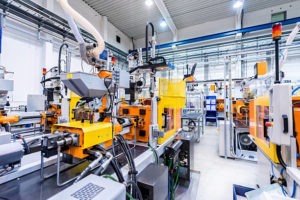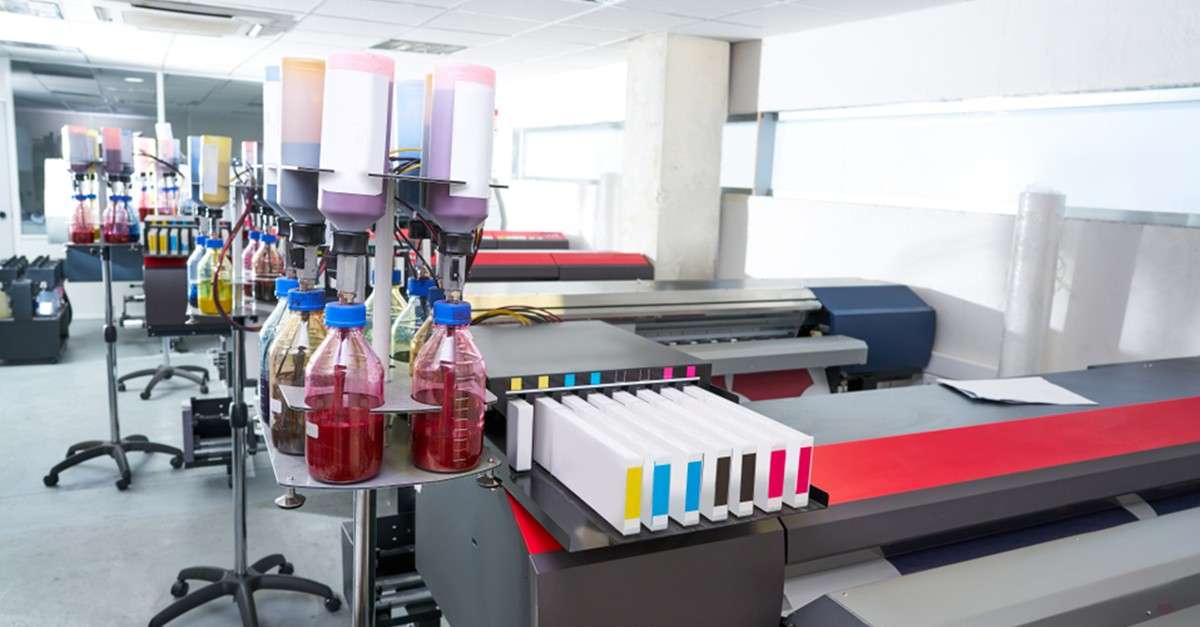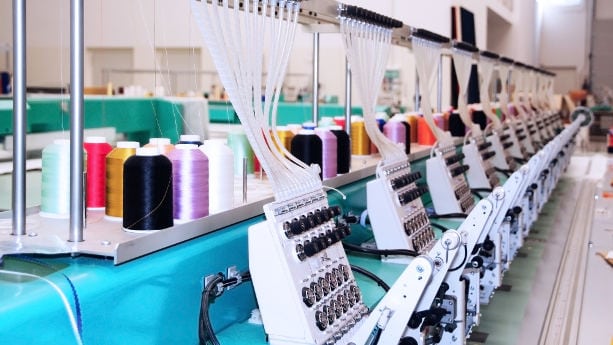Revival
In recent years, Pakistan’s textile industry has been facing significant challenges and is now
experiencing an extraordinary revival. This revival is a remarkable turnaround for an industry
that has struggled for years. We will explore the factors behind this unprecedented revival and its
potential for Pakistan’s economy. Brace yourself for a journey into the world of textiles, where a
tale of resilience and success awaits.
Government Support:
One of the key factors behind the revival of Manufacturers and exporters in knitwear in
Pakistan’s textile industry is the unwavering support from the government. Recognizing the
immense potential of this sector, the government has implemented policies and initiatives aimed
at uplifting the textile industry. From providing financial incentives and tax breaks to easing
regulations, the government’s commitment has been instrumental in fostering growth and
encouraging investment in the sector.
Competitive Advantage:
Pakistan possesses a competitive advantage in textile production, with abundant availability of
raw materials, skilled labor, and a rich textile heritage. This advantage, coupled with the
industry’s ability to produce high-quality products at competitive prices, has enabled Pakistani
textile manufacturers to capture a significant global market share. The affordability and
craftsmanship of our textiles have made them highly sought after by international buyers.
Technological Upgrades:
The textile industry has embraced technological advancements to stay competitive in today’s
fast-paced world. Integrating modern machinery and automation has improved productivity and
efficiency, resulting in higher output and reduced costs. The adoption of digital technologies has
also streamlined operations, enhanced quality control, and facilitated communication with
international buyers. These technological upgrades have played a vital role in the industry’s
revival.
Export Expansion:
With a focus on expanding export markets, Pakistan’s textile industry has reached new horizons.
Pakistani textile manufacturers have successfully penetrated untapped markets through
aggressive marketing campaigns, participation in international trade fairs, and forging strategic
partnerships. The increase in export volumes has boosted revenue and enhanced Pakistan’s
reputation as a reliable and quality-centric textile producer.
Job Creation and Economic Growth:
The revival of the Pakistan Textile manufacturing industry has brought about a surge in job
opportunities, particularly for the skilled and unskilled workforce. The industry’s growth has
increased employment rates, reduced poverty, and improved living standards for thousands of
individuals and their families. Furthermore, the positive impact on the economy must be noticed,
as the textile industry contributes significantly to Pakistan’s GDP and foreign exchange earnings.
Sustainable Practices:
An essential aspect of the textile industry’s revival is the growing emphasis on sustainable
practices. Pakistani textile manufacturers have taken initiatives to reduce their environmental
footprint by implementing eco-friendly manufacturing processes, utilizing renewable energy
sources, and adopting responsible waste management techniques. This commitment to
sustainability aligns with global trends, enhances the industry’s reputation, and attracts
environmentally conscious buyers.
Conclusion:
The unprecedented revival of Pakistan’s textile industry is a testament to the resilience and
determination of our nation. The industry has witnessed a remarkable transformation with
government support, competitive advantages, technological upgrades, export expansion, job
creation, and sustainable practices. The revival of the textile sector brings economic benefits and
fosters a sense of pride and accomplishment. Let us celebrate this success and continue to
support and nurture our textile industry as it paves the way for a prosperous and sustainable
future for Pakistan. Together, we can build a brighter tomorrow!




